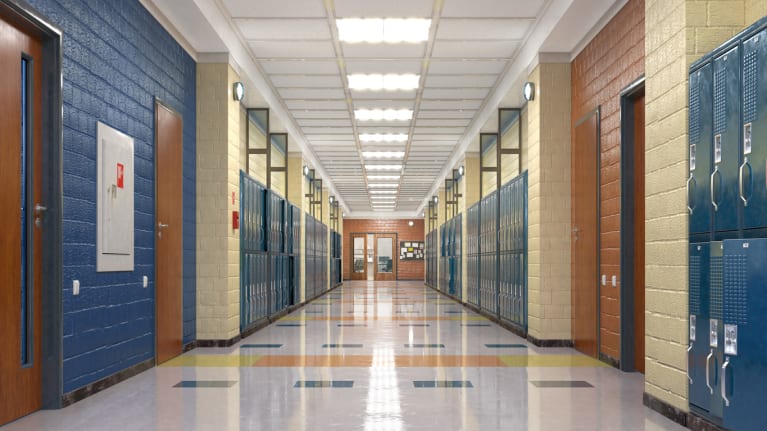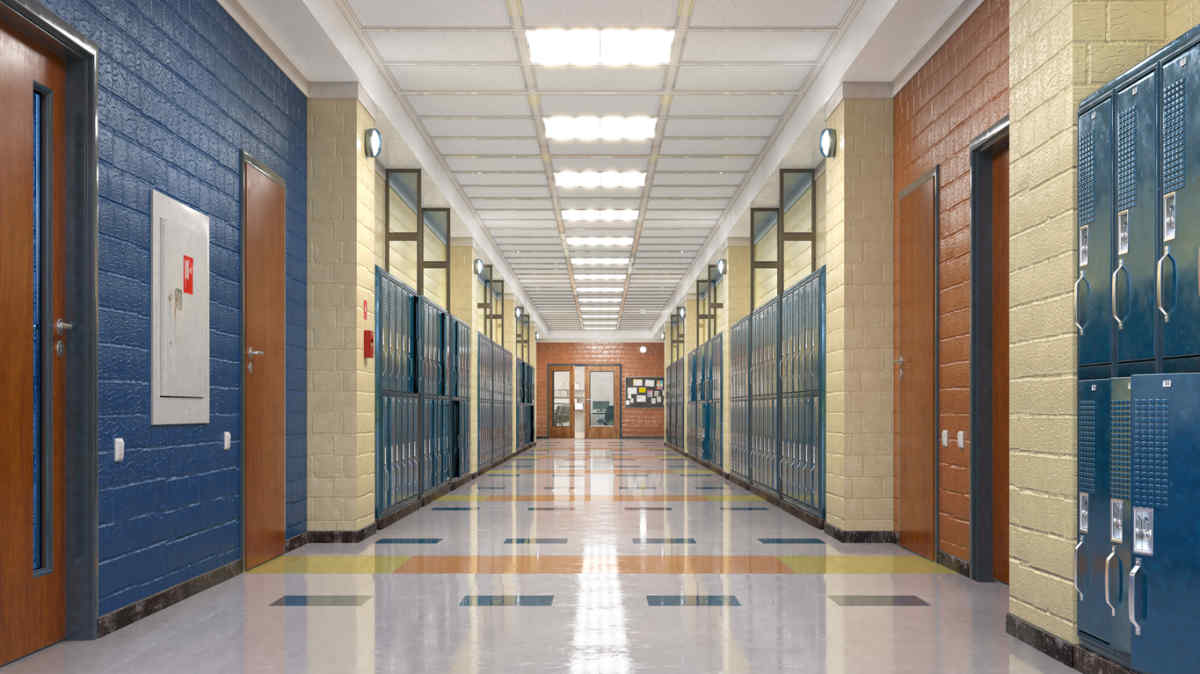

?Takeaway: A school district was not liable for negligent supervision of a high school teacher who had a sexual relationship with a 17-year-old student, even though the age of consent in California is 18, when there was no evidence that the district knew or should have known that the teacher posed a risk of harm to students.
?A school district was not liable for negligent hiring or negligent supervision because a high school teacher had a sexual relationship with one of his students, a California appeals court ruled. There was no evidence that the district knew or should have known that the teacher posed a risk of harm to students, the court said.
The district did not have a duty to review alarm data and video recordings in order to constantly monitor all teachers, students and campus visitors, nor did it have such a duty specifically with regard to the teacher and student involved in the sexual relationship, the court said.
The student was 17 years old when she and the teacher began the relationship, which lasted about three months and included sexual activities in his classroom. She told her best friend, and the friend’s mother notified the district about the relationship. The district immediately investigated, obtained the teacher’s resignation, and notified the student’s parents and law enforcement. The teacher eventually pleaded guilty to crimes associated with the sexual relationship.
The student sued the school district for negligent hiring and negligent supervision. The trial court dismissed the action before trial, and the student appealed.
The teacher had been employed in the district for about six years when the sexual relationship with his student began. Prior to hiring him, the district had vetted him through education and law enforcement agencies and later provided him with training to prevent sexual harassment and child abuse.
When the district hired the teacher, there were no facts, reports or rumors that he had engaged in any improper relationships.
The district maintained outside security cameras at the high school, including a camera that recorded video of the doors to the teacher’s classroom. Footage from the cameras was saved for only 14 days before automatic erasure. The district’s policy was to review the footage only if the district learned of an incident that may have been caught on video.
The district also maintained an alarm system that covered the main building and the teacher’s classroom. Each employee had a code to deactivate the alarm. However, the district had not requested data from the alarm company on when alarms were deactivated or by whom.
On appeal, the student conceded that she did not have evidence to support a negligent hiring claim but continued to pursue the negligent supervision action. To prove negligent supervision, the court said, the student had to show not only that the teacher posed a risk of harm, but also that the risk was foreseeable—that the district knew or should have known of the risk that the teacher posed.
Duty to Use Reasonable Care
Negligence law holds one liable for failing to use reasonable care to avoid harm to others only in those cases where one has a duty to use reasonable care, the appeals court first explained.
The duty of care owed by school staff to students includes the duty to use reasonable measures to protect students from foreseeable injury at the hands of third parties acting negligently or intentionally, the court said.
The California Supreme Court has ruled, however, that merely because an individual school employee has committed sexual misconduct with a student does not of itself establish, or raise any presumption, that the employing district should bear liability for the resulting injuries. Instead, there must be a reasonably foreseeable risk of harm, the court said.
Courts use a subjective reasonableness standard to determine whether the degree of foreseeability is high enough to impose a duty on the defendant to act on it, the court added.
The court then noted that the California Supreme Court has rejected the proposition that sexual misconduct is foreseeable any time a minor and an adult are alone together in a room. Here, the court said, the district did not know that the teacher would have sex with the student, and it had no information that would support a conclusion that it should have known.
Furthermore, the district did not have a duty to review alarm data and video recordings to constantly monitor all teachers, students and campus visitors. It also did not have such a duty specifically with regard to this particular teacher and student. To impose such a duty here would be unreasonable, the court said.
The court affirmed the trial court’s dismissal of the action, ruling that because the facts did not establish the duty required to succeed on a negligent supervision cause of action, the student’s case could not go forward.
Doe v. Anderson Union High School District, Calif. Ct. App., No. C093099 (May 4, 2022).
Joanne Deschenaux, J.D., is a freelance writer in Annapolis, Md.

